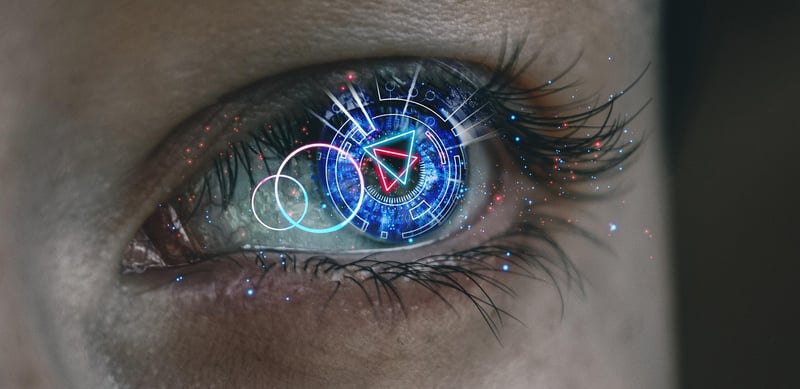Temporal paradoxes
Answers to Common Queries About Temporal Paradoxes
What is a Temporal Paradox?
A temporal paradox, also known as a time paradox, is a theoretical or logical contradiction that occurs in the perception of time. It often involves scenarios where actions in the past influence the future in ways that are impossible or contradictory.
Types of Temporal Paradoxes:
- Grandfather Paradox: A person travels back in time and prevents their grandparents from meeting, thus preventing their own birth.
- Bootstrap Paradox: An object or information exists without origin, as it is sent back in time in an infinite loop.
- Predestination Paradox: Events in the past are predetermined and cannot be changed.
Can Temporal Paradoxes Exist in Reality?
While entertaining in fiction, there is no scientific evidence to support the existence of temporal paradoxes in reality. The laws of physics, particularly causality, suggest that such contradictions are not possible.
Temporal Paradoxes in Popular Culture:
Temporal paradoxes have been a popular theme in science fiction literature, movies, and TV shows. Famous examples include movies like "Back to the Future," "Looper," and TV shows like "Doctor Who."
Handling Temporal Paradoxes:
Writers often use creative devices like parallel universes, time loops, and alternate timelines to navigate around the logical issues presented by temporal paradoxes in storytelling.
Conclusion
While temporal paradoxes make for fascinating plot devices in fiction, they remain theoretical constructs with no basis in reality. Exploring these paradoxes can lead to intriguing narratives and philosophical discussions on the nature of time and causality.

For further reading on temporal paradoxes, you can check out Wikipedia's article on Temporal Paradox.
